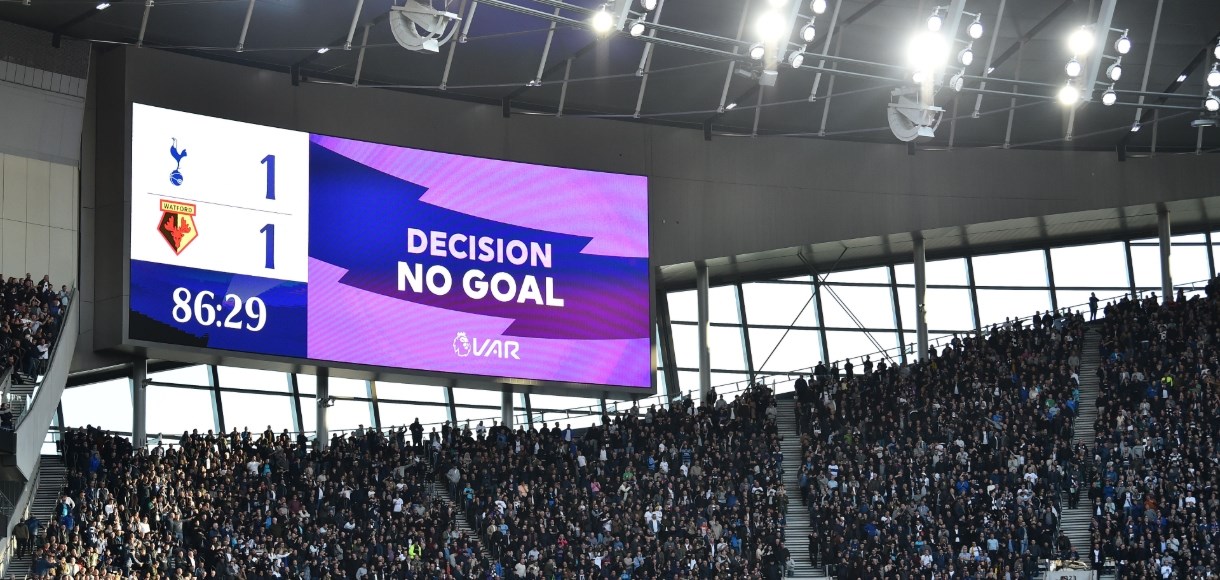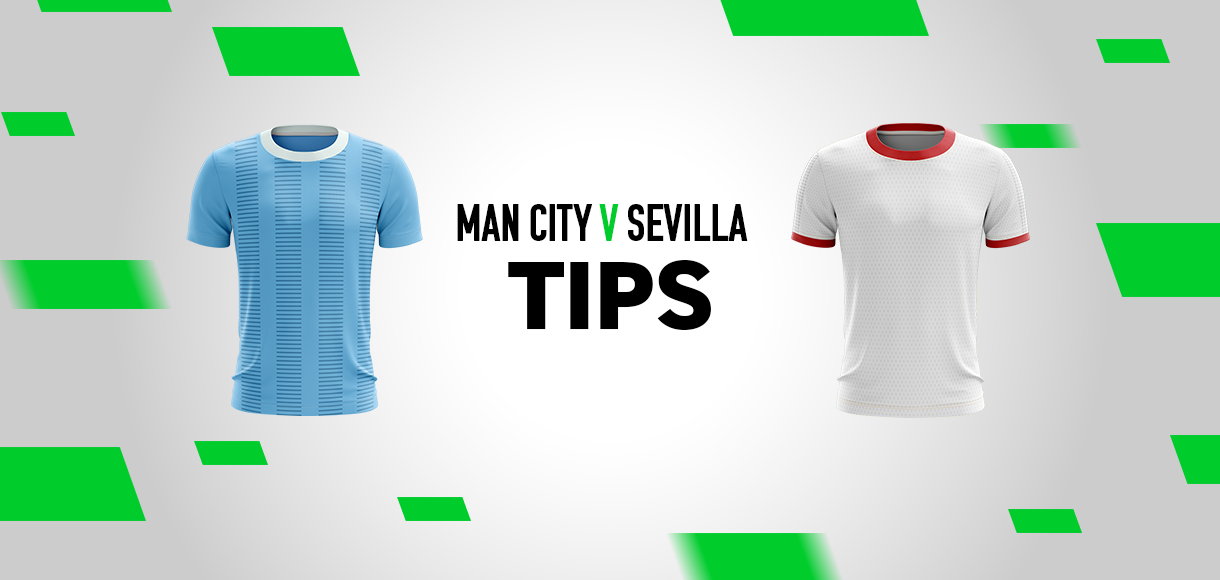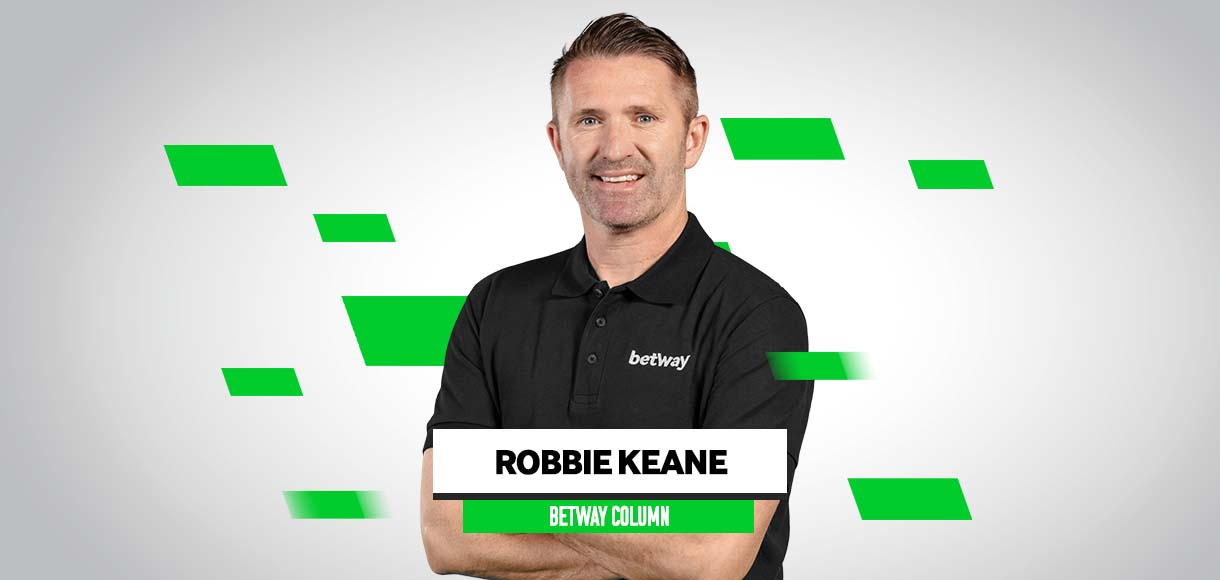3 reasons why VAR will be a success in the Premier League

VAR caused more controversy than ever in the Premier League over the weekend, but the problems blighting the technology will not last forever.
“A total embarrassment.” “Just not how it should be.” “Very weird.”
That is not an appraisal of Tottenham's last three Premier League performances, but a small selection of the backlash after VAR’s most controversial weekend yet.
Six of the nine games across Saturday and Sunday saw the technology stir up controversy in one way or another.
Decisions were upheld and overturned, goals awarded and chalked off, while VAR also managed to sink to a new low as the wrong verdict was broadcast on stadium screens during Spurs’ draw against Watford.
Just when you think things can’t get worse, they do.
The technology, which was supposed to overturn clear mistakes, eliminate refereeing controversy and remove human error, has instead amplified all three.
As frustrating as it is, though, we must be patient.
The introduction of VAR to the Premier League was never going to go smoothly.
It didn't in Italy or Germany, or even in the Champions League, but it is slowly becoming just another part of the game.
The same will happen in England, even if it doesn't feel that way right now.
Firstly, the Premier League will fine-tune their use of the technology.
Their decision to implement VAR in a different way, with referees not consulting their pitchside monitors, will have to be scrapped.
Making decisions in the control room and not on the pitch takes the pressure off referees, but means the bar is set far too high to overturn many errors.
If there is any suggestion of a mistake having been made, the referee must be encouraged to review it himself pitchside.
VAR is all about identifying clear and obvious errors, and this is too much of a clear and obvious error for the Premier League to ignore.
The success of video technology in other sports also proves that it can work for football.
The introduction of the Decision Review System into cricket in 2008 was derided by many, with India actually refusing to use the system until 2016.
It is now an accepted, daresay even lauded part of the game, improving the sport for players and spectators alike.
Tennis is another sport which encountered problems after the introduction of video technology, with then-world No.1 Roger Federer an outspoken critic.
Again, the technology is now an accepted part of the sport, with those initial concerns slowly being eroded by small fixes and fine-tuning.
Football is not cricket, you may say. Football is not tennis. The success of these sports in overcoming those initial problems, however, illustrates that VAR’s current issues are not terminal.
Finally, as the season progresses, and more narratives begin to form on the pitch, VAR will, believe it or not, take a backseat.
It may occasionally rear its head but, when it does, the fixes that are being made will ensure that any controversy is gradually erased from the game.
Referees will know how to handle every possible situation, and fans will know what to expect.
We will get back to talking about the actual football, not debating dodgy decisions made by someone sitting in front of a screen in Stockley Park.
As crazy as it sounds right now, VAR will be a success in the Premier League.
We just have to have a little patience.
Visit Betway's football betting page.





































